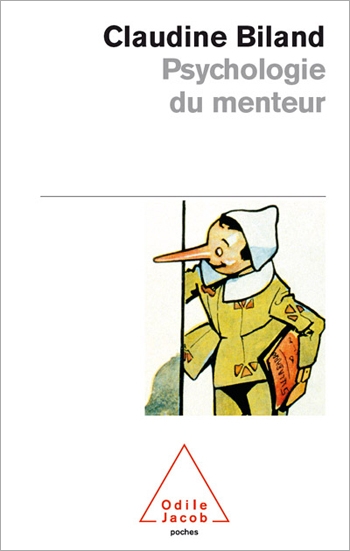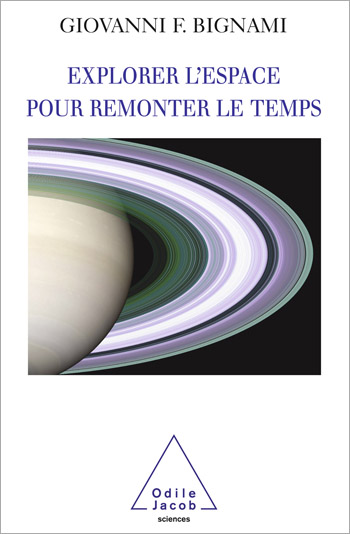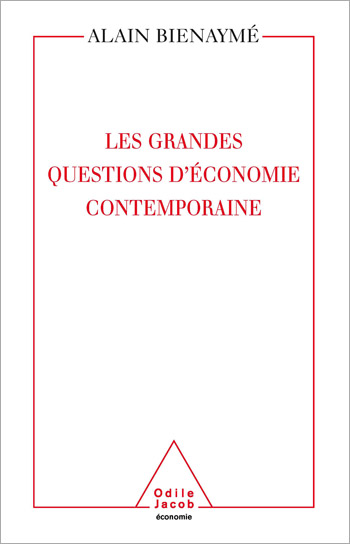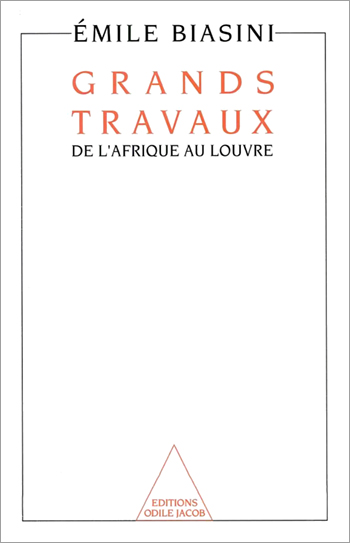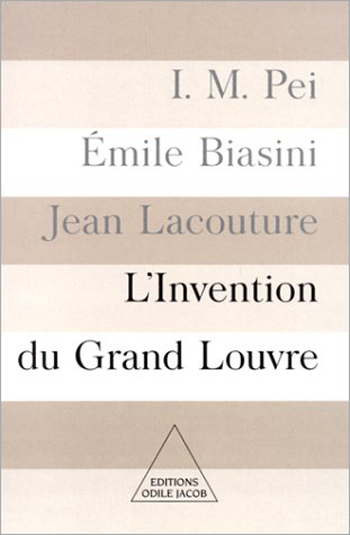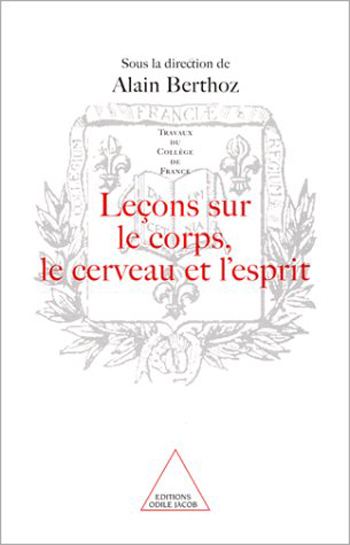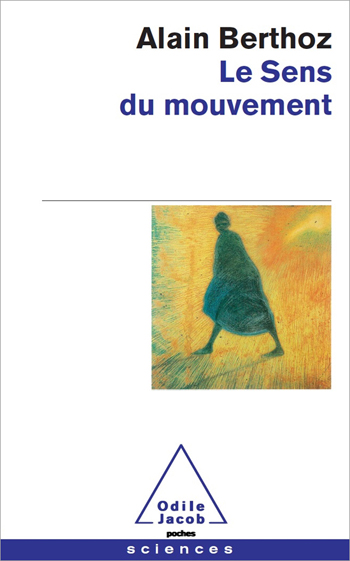Catalog All books

Alvaro Bilbao
The Child's brain explained to parents
This educational manual, written by a neuropsychologist, explains everything parents can do to promote their child's brain development. Practical and educational advice that acts positively to help him/her acquire good intellectual and emotional skills.
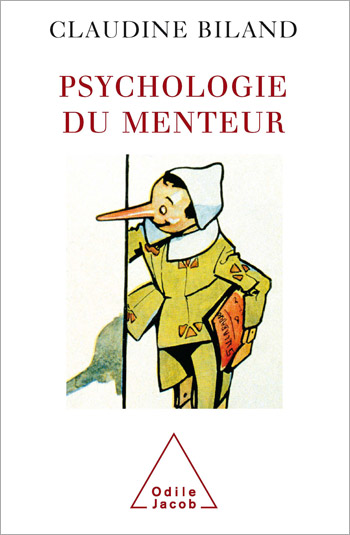
Claudine Biland
Liar's Psychology
When people tell lies what are they really trying to do? The goal of liars is to convince others that an event that never occurred took place or that they have opinions and feelings that they do not. The function of liars is thus to simulate fictional states and to dissimulate real situations; their task is to convince others - and to avoid being found out. What is it that makes liars so unbearable? Lying has a negative connotation in every culture. Children are taught not to tell lies. As a little girl says in an advert, you mustn't cheat, “'cause if you do, you betray the trust that your parents have planted inside you”. Lying always implies deceiving trust or even manipulating another's naiveté - both highly unpleasant experiences for the liar's interlocutor. How can liars be detected? Lying is a delicate, complex art, and non-verbal communication is highly fugitive and difficult to read. Nevertheless, certain conversations leave us with strange, discordant feelings. Then there are those hastily formed opinions about someone or a situation that linger on in our memories. Almost imperceptibly, the impression of sincerity is communicated through words, a voice and gestures. The goal of this book is not to determine if and when lying is justifiable, but to explain to us the types of behaviour that liars do or do not adopt and to develop our ability to unmask them. Shunning a Manichaean approach, the author shows that truth cannot govern all our everyday relations with others - neither in our professional lives nor in our private dealings with friends and partners. If we told the truth all the time, life would become unbearable. Lying is an indispensable human activity, which everyone indulges in. In this work of social psychology, the author has made available to professionals and general readers alike the results of the most advanced research on the subject of lying. Claudine Biland is a psychologist specialising in non-verbal communication. She teaches in Paris.
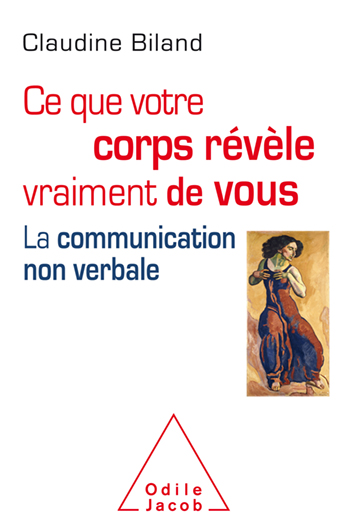
Claudine Biland
Body Language A Tool for Communication and Influence
A synthesis of the principal results of scientific research on a subject that has generated many studies and has often produced superficial or misleading works.

Ranka Bijeljac-Babic
The Bilingual Child
This is the first French-language book for the general reader on bilingualism from the earliest age. Most previous studies were published in specialized journals and in English, not easily accessible to non-specialists. A representative synthesis of current scientific trends and evidence of the interest among researchers in this field. Solid guidance for parents in search of good practices to develop with their children.
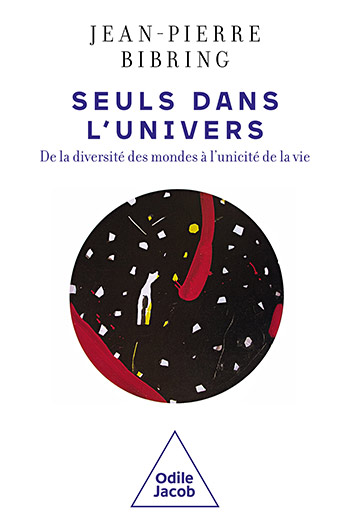
Jean-Pierre Bibring
Alone in the Universe
Since the first observations made with space probes, everything seems to indicate that the Earth, the product of a long chain of coincidences, is unique in its kind. Is life not therefore a generic property of the universe?

Jean-Pierre Bibring
Mars Blue Planet?
This little gem of popular science recounts the history of Mars in clear, accessible language.
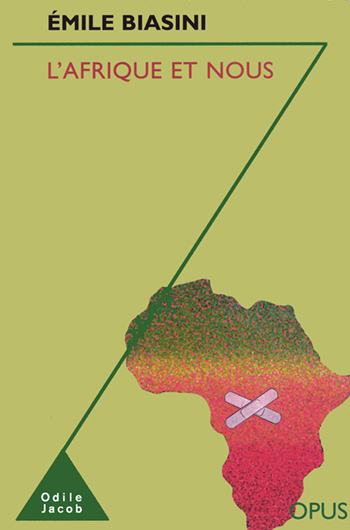
Émile Biasini
Africa and Us
Economist Charles Gide once described colonization as "a force of nature." Biasini believes that to imagine that our current phase of decolonization actually is an end to colonialism is just another manifestation of our society's megalomania. Africa today is going through a phase of change. It must stay faithful to its roots, digesting all the various cultures which have influenced it, while facing a new colonial menace. Its own elites, once fled abroad, have returned to Africa and are quickly becoming the colonists of their own countries. And such colonial ambitions, history teaches us, must inevitably lead to imperialism. Emile Biasini was a civil servant in colonial Africa. Under De Gaulle, he helped found the Ministry of Culture.

Pierre Bey, Jean-Pierre Gérard, Martin Schlumberger
Should We Fear Radioactivity?
A clear, precise and uncompromising account of radioactivity, its dangers and advantages
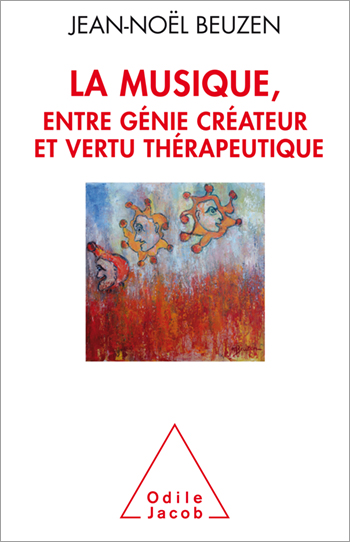
Jean-Noël Beuzen
Music: From Creative Genius to Healing Therapy
A psychiatric study of music, genius and madness
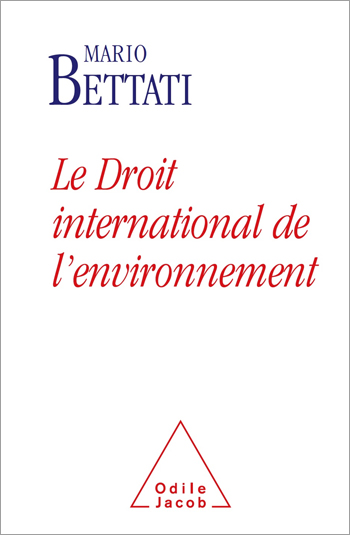
Mario Bettati
International Environmental Law
An indispensable book for students, diplomats and activists faced with attacks on the environment
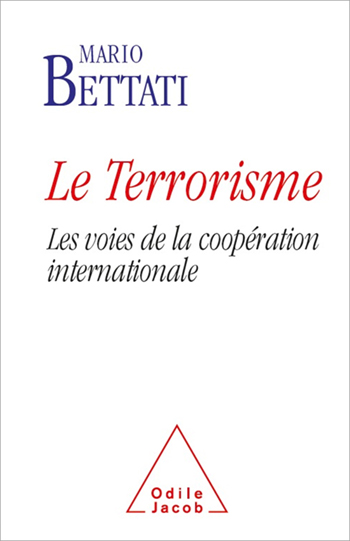
Mario Bettati
The International Struggle Against Terrorism
Terrorism and the anti-terrorist struggle appraised by an eminent European expert
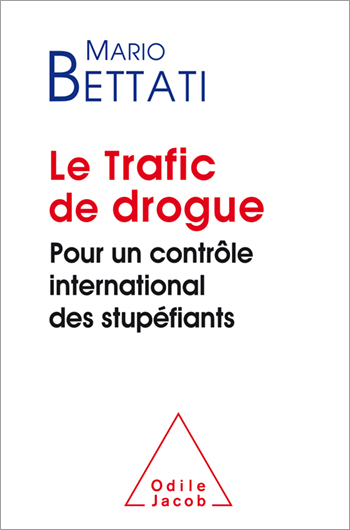
Mario Bettati
The Drug Trade Why Drug Trafficking Must be Internationally Controlled
An up-to-date review of international drug rings and of the legal and administrative measures to combat them
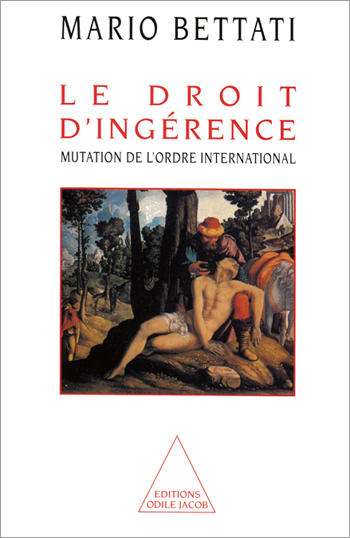
Mario Bettati
The Right of Interference Transformation of International Order
Inventor of the "right of interference", Mario Bettati, a professor of International Law, explains in this book the precise political circumstances and the legal context under which the right of humanitarian interference came about. This book is divided into four parts which follow both a chronological and a logical order. Beginning with interference as verbal denunciation, following with interference as medical assistance, he speaks of forced interference (Yugoslavia, Somalia and Rwanda) and finishes by dissuasive interference (courts for crimes against humanity and conflicts observatories). A thorough presentation of an important subject.
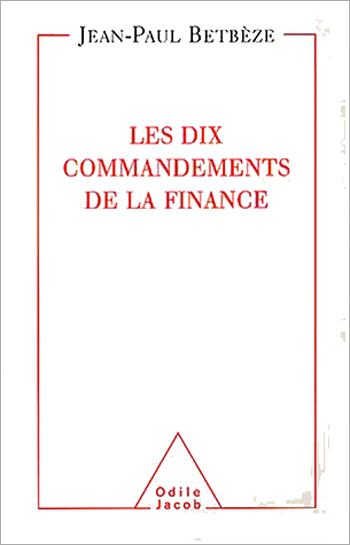
Jean-Paul Betbèze
The Ten Commandments of Finance
Contemporary finance is driven by a quest for a high rate of profitability. According to Jean-Paul Betbèze, this quest is ruled by ten commandments, ranging from "Thou shalt always seek a 15% return on Equity" to "Thou shalt not allow the whole system to explode". He examines how this has upset the old form of capitalism, and in his lively, clear style, the author recounts the unprecedented changes that are now taking place and that will determine our future. Jean-Paul Betbèze teaches at the University of Paris Panthéon-Assas.
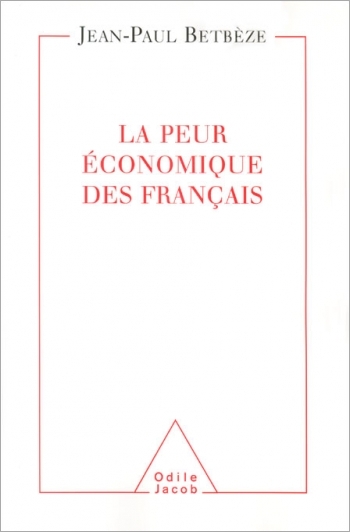
Jean-Paul Betbèze
French people's economic fear
France has economic possibilities, but it remains blocked in several areas. Although the country's leaders are aware of this, they seem unable to make the necessary reforms to move forward. France seems to be the prey of fears that paralyse it, but which have benefited a new class of economic as well as social rentiers who constitute a powerful economic, ideological and political group. These new rentiers are fully cognisant that the defence of their acquired privileges is not a practical long-term solution - as has been shown by rising deficits, decreased competitiveness and job losses. The author argues that it is necessary to make changes and implement reforms - and to do so it is essential to understand and overcome existing fears. It cannot be expected that everything will be changed at once, but some initial efforts must be made. The single reform that will fix everything does not exist, he says, but this is hardly an excuse for refusing to make a start. In other countries, programmes for economic reform are being implemented. Yet France is only beginning to consider such reforms. The object of this book is to provide a greater understanding of the present situation, in the form of a how-to manual. A ruthless analysis of some of France's psychological blocks, apprehensions and economic fears, this book can be regarded as a sort of economic psychotherapy. In addition, the author provides a critique of the false solutions that hinder modernisation and proposes his own solutions for change and reform. Jean-Paul Betbèze is a professor of economics at the University of Paris Panthéon-Assas and a member of the French prime minister's Council for Economic Analysis. He is a consultant to the president and the C.E.O. of a major bank and the author of Les Dix Commandements de la finance, which was awarded the Risques-Les Echos Prize in 2004.
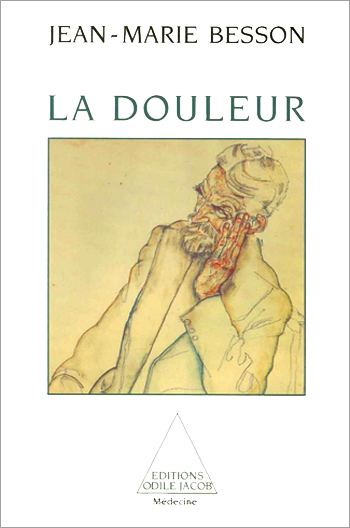
Jean-Marie Besson
Pain
Pain. Doctors and researchers have long sought its origin.In this fascinating essay, well-known neurophysiologist J.-M. Besson explains what pain is and how to combat it. He examines acupuncture, various placebos, and recounts the current search for an ideal analgesic, one containing the power of morphine without its negative side effects.

Bernard Besson
Greenland
“With an apocalyptic roar, Greenland’s Lauge Koch Kyst region had broken off from the mainland...
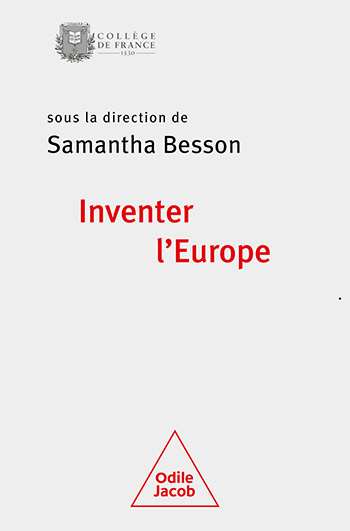
Samantha Besson
Inventing Europe Collège de France Autumn Colloquium 2021
This book was published under the direction of Samantha Besson, current occupant of the International Institutional Law Chair at the Collège de France

Bernard Besson
Sharing Rare Earth Resources
An eminent expert in economic intelligence offers a riveting thriller against a backdrop of international financial corruption
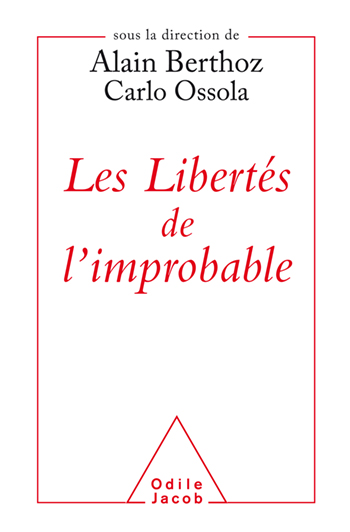
Alain Berthoz, Carlo Ossola
The Freedoms of the Improbable
A dozen high-level international researchers for a multidisciplinary approach to the improbable, a powerful factor of creativity in between the possible and the impossible.

